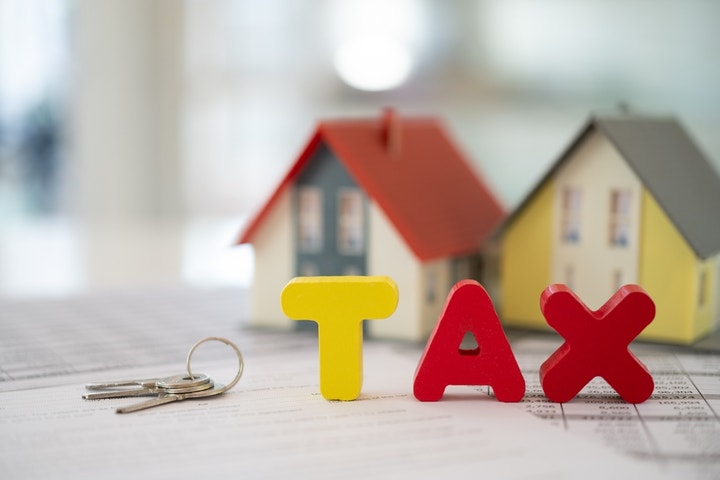Florida Lawmakers Eye Potential Elimination of Property Taxes Amid Soaring Homeownership Costs
As Florida grapples with skyrocketing housing prices, lawmakers are exploring the possibility of eliminating property taxes—a move that could drastically reshape the state’s fiscal landscape. With median home prices in some metro areas tripling or quadrupling since 2012, homeownership has become a daunting challenge for many Florida residents.
The Push for Tax Reform
Governor Ron DeSantis has emerged as a leading voice in the call for real estate tax reform. In a recent State of the State address, he expressed frustration over the existing property tax system:
“Is it your property or not? Just for being on your property year after year, you’ve got to write a check to the government every year. So you’re basically paying rent to the government to live on your own property.”
His remarks resonate with a growing number of state lawmakers who have filed numerous bills aimed at addressing the burdens of property taxation. GOP state Senator Jonathan Martin, who is spearheading legislation for a study that evaluates the possibility of abolishing property taxes by October, noted:
"People are getting crushed not just by home insurance but by property taxes. That American dream in Florida is taking five figures a year in local taxes."
[link-whisper-related-posts]
Current Tax Landscape
In Florida, property taxes account for a significant financial burden:
- Average Property Tax Rate: 0.79% of assessed home value.
- Average Home Assessment: $385,000, translating to a tax bill of roughly $3,041 annually.
- Home Insurance Costs: Ranging from $3,000 to $7,000 per year based on the county.
These costs contribute to a challenging environment for homeowners, especially before even considering mortgage payments.
Potential Implications of Abolishing Property Taxes
Eliminating property taxes could have significant ramifications for the state’s economy:
-
Increased Reliance on Sales Taxes: Florida could become more dependent on sales tax revenue. A study by the Florida Policy Institute claims that if property taxes were abolished, sales tax would need to be doubled to 12% to maintain current public services.
-
Concerns Over Public Services Funding: Property taxes currently fund crucial state services, including education, public safety, and infrastructure maintenance.
"In a densely populated state like Florida, if policymakers wanted to eliminate property taxes, they would need to raise $43 billion (or $2,015 per capita) to maintain public services currently funded with property tax revenue."
Public Sentiment and Political Skepticism
While the idea of abolishing property taxes may sound appealing to some, skepticism abounds, even within Republican circles. Former Florida Governor, and political analyst Frank Cerabino argues that DeSantis’s push may merely be "empty political posturing." Furthermore, state Senator Don Gaetz raises critical concerns:
"The question is what will replace personal property taxes? I have not seen any proposal that eliminates property taxes, replaces them with a fairer or better tax, and ensures that local governments will still have the funds to operate efficiently."
Concerns for Fixed-Income Residents
The sentiment against property taxes is particularly acute among Florida’s large retiree population, many of whom live on fixed incomes and struggle to keep pace with rising tax rates. While there are some exemptions available for individuals aged 65 and older, these measures often exclude many residents who need them.
Conclusion: A Complex Road Ahead
Should Florida proceed with eliminating property taxes, it would set a historic precedent as the first state to do so. However, substantial obstacles remain, including the need for a constitutional amendment and the uncertain support from lawmakers.
The dialogue surrounding property tax elimination in Florida is far from settled. As the cost of homeownership continues to rise, the state’s lawmakers are challenged to find a balanced and sustainable approach that addresses both the financial burdens on homeowners and the need to fund critical public services.
For more information on investment strategies in real estate and potential alternatives to homeownership, check out investment platforms like Arrived Homes and explore fractional real estate opportunities with tools such as the Benzinga Real Estate Screener.


